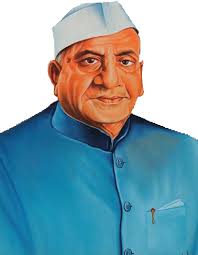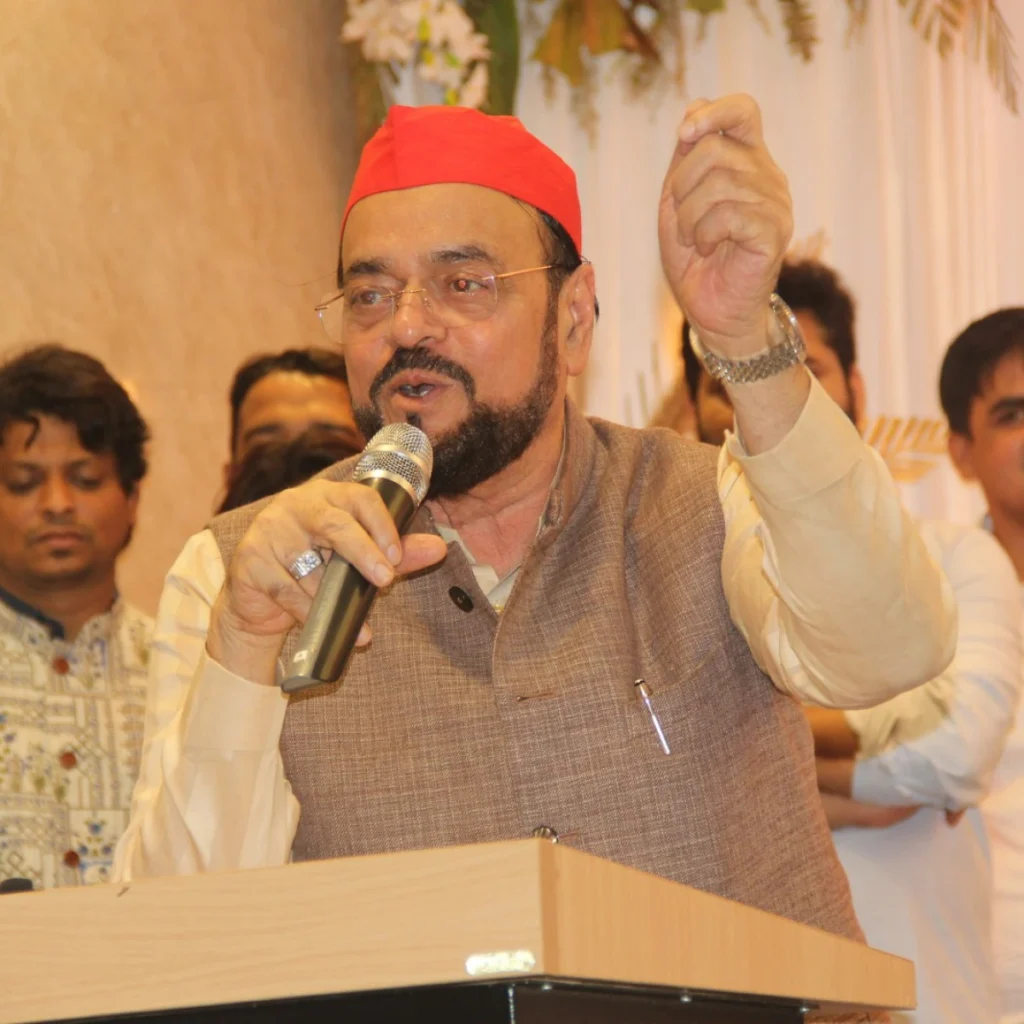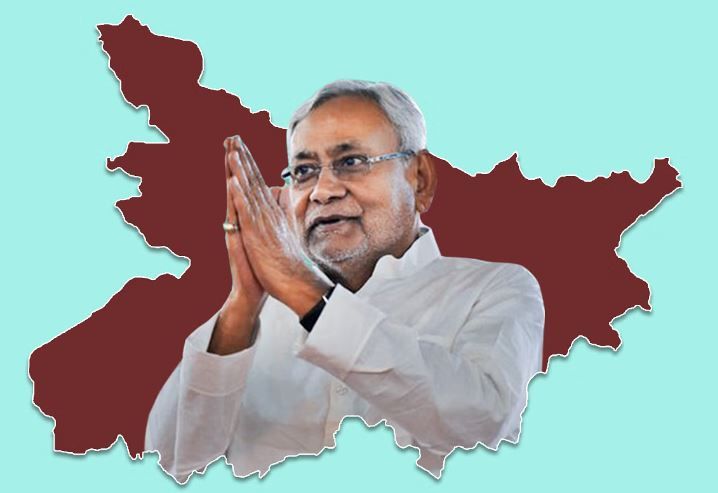Gopal Krishna Gokhale, a luminary of the Indian nationalist movement and a fervent advocate for social reform, occupies a pivotal position in the annals of Indian history. Born on May 9, 1866, in Ratnagiri, Maharashtra, Gokhale’s life journey exemplifies dedication, intellect, and unwavering commitment to the betterment of Indian society. This blog delves into the remarkable life and contributions of Gopal Krishna Gokhale, shedding light on his pivotal role in shaping India’s path towards independence and social progress.
Early Life and Education:
Gokhale’s early life was marked by modesty and an insatiable thirst for knowledge. Despite facing financial constraints, he pursued his education diligently. His academic prowess earned him scholarships, enabling him to study at Elphinstone College in Bombay and later at Oxford University in England. Gokhale’s exposure to Western political thought and his encounters with prominent intellectuals during his time in England profoundly influenced his worldview and ignited his passion for social and political reform.
Champion of Indian Nationalism:
Upon his return to India, Gokhale emerged as a leading figure in the Indian nationalist movement. He firmly believed in the power of constitutional methods and advocated for gradual political reforms within the framework of British rule. Gokhale’s approach contrasted with the more radical methods endorsed by contemporaries like Bal Gangadhar Tilak. However, his pragmatic approach and commitment to constructive dialogue earned him respect across the political spectrum.
Gokhale’s tenure as president of the Indian National Congress in 1905 marked a significant turning point in the organization’s history. Under his leadership, the Congress emphasized the importance of education, social reform, and economic development as essential prerequisites for India’s progress. Gokhale’s famous mantra, “Swaraj (self-rule) is my birthright, and I shall have it,” encapsulates his unwavering dedication to the cause of Indian nationalism.
Advocate for Social Reform:
In addition to his nationalist endeavors, Gokhale was a staunch advocate for social reform and upliftment. He recognized that India’s social fabric was plagued by deep-rooted inequalities and injustices, particularly those stemming from the caste system and the subjugation of women. Gokhale tirelessly campaigned for the eradication of social evils such as untouchability and child marriage, emphasizing the importance of education and social cohesion in building a truly progressive society.
Gokhale’s efforts to uplift the marginalized sections of society were not limited to rhetoric. He actively supported initiatives aimed at promoting education and empowering disadvantaged communities. His unwavering commitment to social justice earned him the admiration of reformers and activists across the country.
Legacy and Impact:
Gopal Krishna Gokhale’s legacy continues to inspire generations of Indians. His principled approach to politics, emphasis on education and social reform, and unwavering commitment to the cause of Indian nationalism serve as guiding principles for aspiring leaders and activists. Despite facing numerous challenges and setbacks, Gokhale remained resolute in his pursuit of a free and equitable India.
Gokhale’s contributions to the Indian nationalist movement paved the way for future leaders like Mahatma Gandhi, who revered him as a mentor and guide. Gandhi’s adoption of Gokhale’s philosophy of non-violent resistance, known as Satyagraha, is a testament to the enduring influence of Gokhale’s ideas.
In conclusion, Gopal Krishna Gokhale’s life and work exemplify the transformative power of intellect, integrity, and compassion. His unwavering commitment to the twin causes of Indian nationalism and social reform continues to inspire millions around the world. As we reflect on his legacy, let us rededicate ourselves to the ideals of justice, equality, and freedom for which Gokhale so passionately fought.






